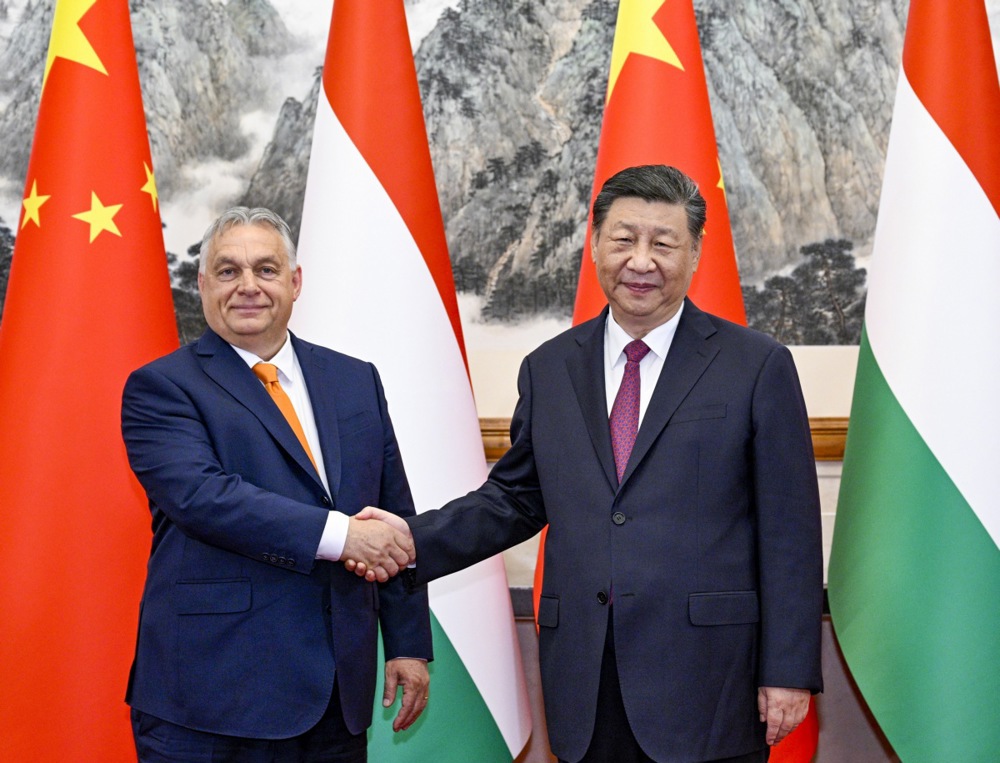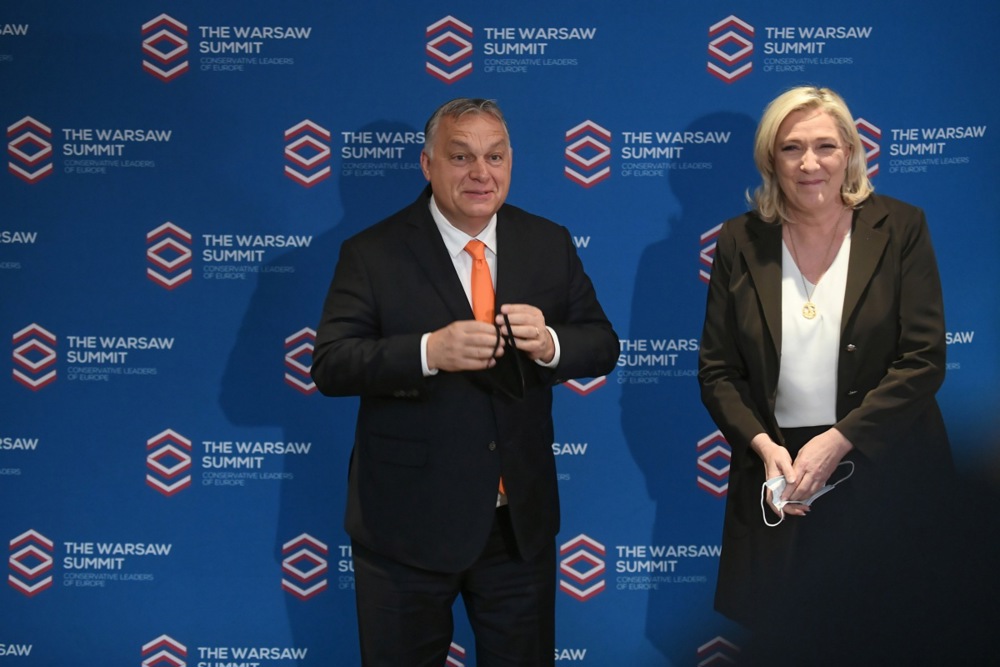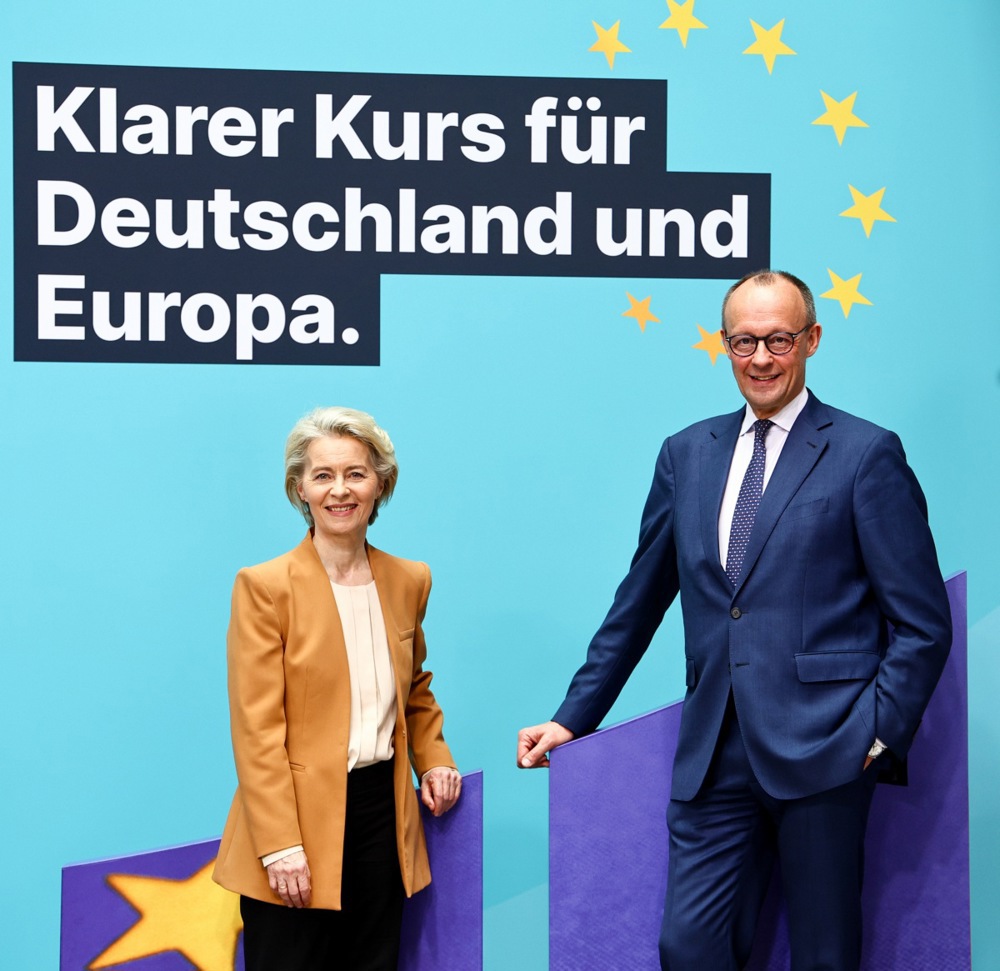Eric Mamer, the leading spokesperson for the European Commission, has said that “in light of recent developments”, Commissioners would not attend meetings organised in Hungary during its six-month presidency of the Council of the European Union.
The EC said it will only send civil servants to informal meetings of the Council instead.
On July 16, Mamer said that a visit to the presidency in Budapest would not take place either.
In light of recent developments marking the start of the Hungarian Presidency, the President has decided that @EU_Commission will be represented at senior civil servant level only during informal meetings of the Council.
The College visit to the Presidency will not take place.
— Eric Mamer (@MamerEric) July 15, 2024
Motivation for the EC’s decision was said to be Hungarian Prime Minister Viktor Orbán’s self-organised two-week peace mission earlier in July, during which he independently visited Kyiv, Moscow, Beijing, and Washington to discuss peace in the Ukraine war.
Highly annoyed European elites were quick to point out that Orbán represented only himself and not the EU.
“The EU rotating presidency has no mandate to engage with Russia on behalf of the EU. The European Council is clear: Russia is the aggressor, Ukraine is the victim. No discussions about Ukraine can take place without Ukraine,” Charles Michel, outgoing President of the European Council, said at the time.

Some heads of state were also not amused and diplomats were quoted as saying that Orbán went against the “letter and spirit” of the Council’s conclusions, “thereby harming the unity of the EU”.
Hungary insisted that the self-styled peace mission was bilateral and not in name of the EU.
According to the bloc’s legal service, the trip contravened the EU’s treaties because it “could jeopardise the attainment of the Union’s objectives” and Members States should perform foreign policy activities “unreservedly in a spirit of loyalty and mutual solidarity”.
On July 12, Finland, Estonia, Latvia, Lithuania, Poland and Sweden said they would boycott ministerial-level meetings associated with Hungary’s Council presidency over Orban’s talks.
In a reaction to the European action, Bóka János, Hungary’s EEU Affairs Minister, claimed the EC’s move was unjustified.
“The EU is an international organisation constituted by its Member States. The EC is an institution of the EU. The EC cannot cherry-pick institutions and Member States it wants to co-operate with. Are all Commission decisions now based on political considerations?”
Hungarian MEP Kinga Gál said the boycott was “clearly a part of [EC President Ursula] von der Leyen’s election campaign”.
“We have become used to her using the EU institutions, especially against Hungary for political blackmail and pressure. This is unacceptable and goes against the very essence of European co-operation,” Gál said.
On Thursday, July 18, the European Parliament will vote on a second term for von der Leyen as EC President. It is unclear she has a majority behind her.
Alberto Alemanno, Jean Monnet Professor of EU Law at HEC Paris, described the EC boycott of Hungary’s presidency events as “unprecedented in EU history”.
Alemanno said he felt the Council and Commission “could and should do more”. He suggested the Article 7 procedure of the Treaty of the EU, which could lead to a suspension of certain rights within the EU for breaching EU ‘core values’, was an option, together with other alternatives to curb Hungary.
On July 15, 63 MEP’s spearheaded by Riho Terras, sent a letter to the Presidents of the European Parliament, EC and European Council to demand the suspension Hungary’s voting rights in the Council, according to the procedure set out in Article 7, accusing Orbán of “abuses” and “exploiting” the presidency.
Earlier, Josep Borrell, the High Representative of the Union for Foreign Affairs and Security Policy, had already decided to miss a meeting of foreign ministers in Budapest.
Hungary holds the presidency of the Council of the EU between July 1 and December 31, 2024.
EU leaders have expressed annoyance over “peace trips” to Ukraine, Russia, and China undertaken by Hungarian Prime Minister Viktor Orbán. https://t.co/yttopchOIZ
— Brussels Signal (@brusselssignal) July 8, 2024





